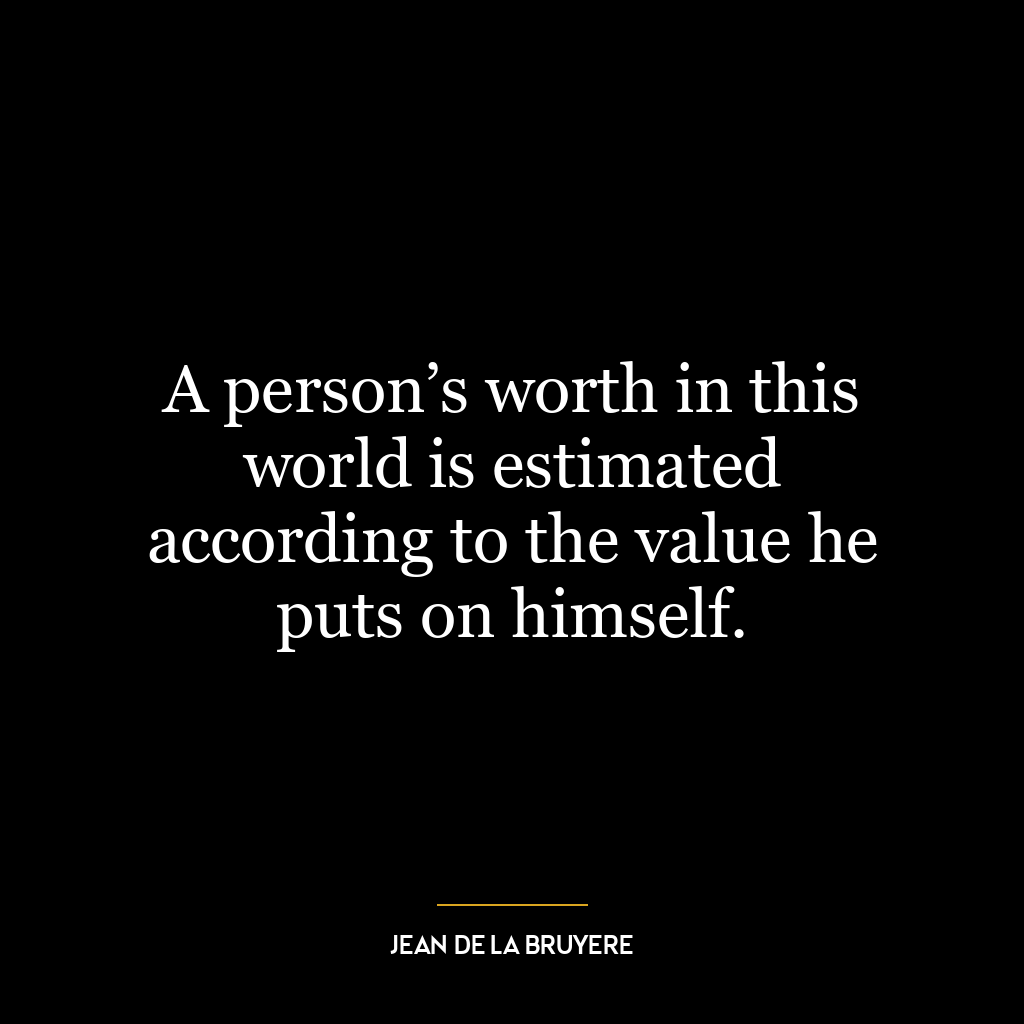The value we provide most to others is the same value we appreciate most from others.
This quote emphasizes the concept of reciprocity, which is deeply ingrained in human nature. It suggests that the qualities or values we most often offer to others are usually the ones we most desire to receive from them. This could be kindness, respect, honesty, or any number of other qualities. Essentially, the things we value in our interactions with others reflect what we consider important and valuable in ourselves.
The idea can be interpreted in two ways. On one hand, it may suggest that we tend to project our values onto others, expecting them to treat us in the same way we treat them. On the other hand, it could mean that by giving what we value most, we attract those who value the same things, creating a positive feedback loop of shared values.
In the context of personal development, this quote highlights the importance of self-awareness and authenticity. By understanding and acknowledging what we value most, we can strive to embody those values in our interactions with others. This not only helps us attract like-minded individuals but also fosters a sense of fulfillment and integrity in our personal and professional lives.
In today’s world, where virtual interactions often replace face-to-face communication, the concept becomes even more crucial. In the digital age, it’s easy to lose sight of our values and fall into patterns of behavior that don’t reflect who we truly are. By consciously choosing to provide the value we appreciate most, we can create more genuine, meaningful connections, even in a virtual environment.
In a broader societal context, this quote suggests that if we want to see more of a particular value in the world—whether it’s kindness, respect, or honesty—we should start by embodying that value ourselves. This way, we can contribute to a positive change in society, one interaction at a time.








